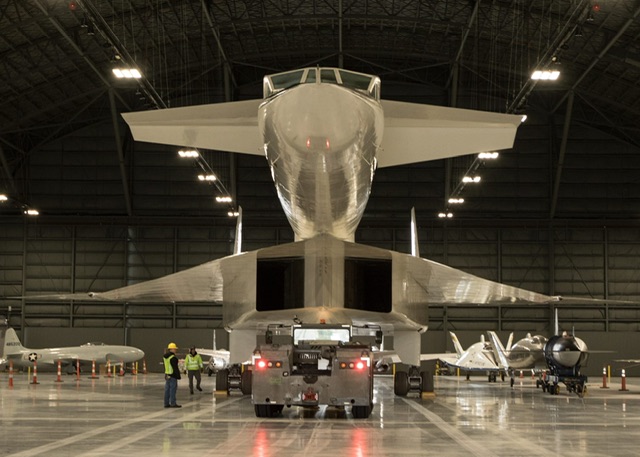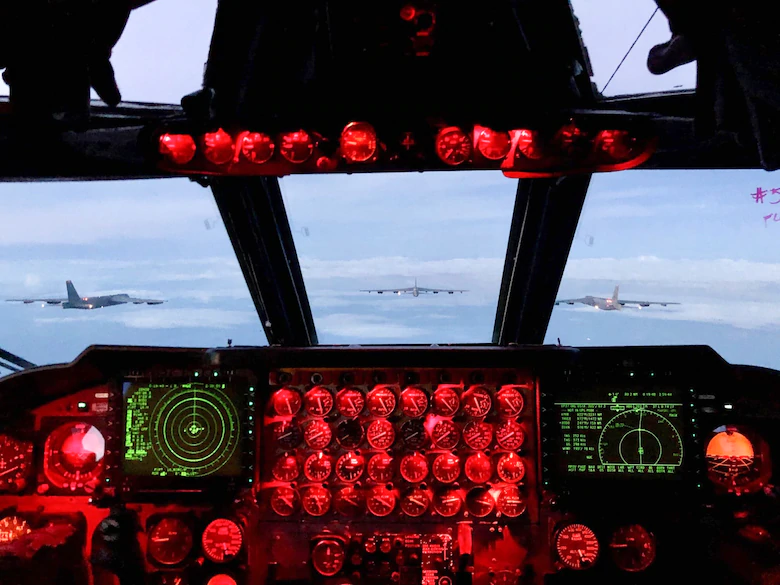Commercial aviation consulting offers a range of benefits to various stakeholders in the aviation industry.

Operational Efficiency: Aviation consultants help airlines and related organizations enhance their operational efficiency. They analyze existing processes, identify bottlenecks, and suggest improvements to streamline operations. This can lead to cost savings, improved resource utilization, and better overall performance.
Cost Optimization: Consultants can assist in identifying cost-saving opportunities across different areas such as fuel management, maintenance, crew scheduling, and procurement. By implementing efficient strategies, airlines can reduce operational costs and improve profitability.
Strategic Planning: Aviation consultants provide valuable insights and assistance in developing long-term strategic plans. This includes market analysis, route optimization, fleet planning, and the development of growth strategies. Strategic planning helps organizations navigate competitive landscapes and position themselves for future success.
Regulatory Compliance: Consultants stay abreast of the latest aviation regulations and help organizations ensure compliance. This is crucial in an industry with strict safety and regulatory standards. Consultants can provide guidance on navigating complex regulatory frameworks and implementing necessary changes.
Technology Integration: Keeping up with technological advancements is essential in aviation. Consultants help organizations integrate new technologies such as advanced avionics, data analytics, and automation systems. This can improve safety, efficiency, and customer experience.
Risk Management: Aviation is inherently associated with various risks, including operational, financial, and safety risks. Consultants can conduct risk assessments and develop risk management strategies to mitigate potential threats. This proactive approach enhances the overall resilience of aviation businesses.
Market Research: Understanding market trends and customer preferences is crucial for success in the aviation industry. Consultants conduct market research to identify opportunities, assess customer needs, and recommend strategies for market expansion or niche targeting.
Training and Development: Consultants assist in designing and implementing training programs for aviation staff. This ensures that employees are well-equipped with the necessary skills and knowledge to perform their roles effectively, contributing to overall operational excellence.
Mergers and Acquisitions: In a dynamic industry like aviation, mergers and acquisitions are not uncommon. Aviation consultants play a key role in facilitating smooth transitions, conducting due diligence, and ensuring that the integration of companies is seamless and maximizes synergies.
Customer Experience Improvement: Consultants help airlines enhance the overall customer experience, from booking to post-flight services. This includes improvements in online booking systems, in-flight services, and customer engagement strategies.
them to potential site visitors. It might say something like this:
By leveraging the expertise of commercial aviation consultants, organizations can adapt to industry changes, stay competitive, and achieve sustainable growth in a challenging and dynamic market.
Commercial aviation is a complex and highly regulated industry with numerous challenges. Some of the most difficult aspects include:
- Safety and Security: Ensuring the safety and security of passengers and crew is paramount in aviation. Stringent regulations and continuous advancements in technology are required to mitigate risks associated with accidents, terrorism, and cyber threats.
- Regulatory Compliance: Airlines must adhere to a multitude of international, national, and local regulations. Navigating and complying with these complex and ever-changing regulations demands significant resources and expertise to avoid penalties and disruptions.
- Economic Sensitivity: The aviation industry is highly sensitive to economic fluctuations, geopolitical events, and global health crises. Factors such as fuel price volatility, economic downturns, and unexpected events like pandemics can significantly impact airline profitability and sustainability.
- High Capital and Operational Costs: Acquiring and maintaining aircraft, along with meeting safety and environmental standards, involves substantial upfront and ongoing costs. Additionally, fuel prices, labor expenses, and infrastructure investments contribute to the financial challenges faced by airlines.
- Environmental Impact: Aviation is a major contributor to greenhouse gas emissions. Balancing the growing demand for air travel with the need to reduce environmental impact poses a significant challenge. Airlines are under pressure to adopt sustainable practices and invest in more fuel-efficient aircraft.
- Crisis Management: The industry is susceptible to various crises, such as natural disasters, geopolitical conflicts, and public health emergencies. Airlines must have robust crisis management plans in place to address unforeseen events and minimize disruptions to operations.
- Technological Complexity: The aviation sector relies heavily on advanced technologies, from aircraft systems to air traffic management. Integrating and upgrading these technologies while ensuring safety and compliance is a constant challenge for airlines.
- Global Supply Chain Disruptions: Airlines depend on a complex global supply chain for aircraft parts, maintenance services, and other critical components. Disruptions in the supply chain due to geopolitical issues, natural disasters, or other events can lead to operational challenges.
- Talent Shortages: The aviation industry requires skilled and trained professionals, including pilots, maintenance technicians, and air traffic controllers. The industry faces challenges in attracting and retaining qualified personnel, leading to potential shortages in critical roles.
- Intense Competition: The airline industry is highly competitive, with numerous carriers vying for market share. Intense competition can lead to pricing pressures, making it challenging for airlines to maintain profitability and differentiate themselves in the market.
- Infrastructure Constraints: Airports and air traffic control systems can experience congestion and capacity constraints, particularly in densely populated regions. Expanding and modernizing infrastructure to meet growing demand requires significant investment and coordination.
Navigating these challenges requires a combination of strategic planning, regulatory compliance, risk management, and technological innovation. Airlines that can effectively address these difficulties are better positioned to thrive in the dynamic and competitive commercial aviation landscape.
